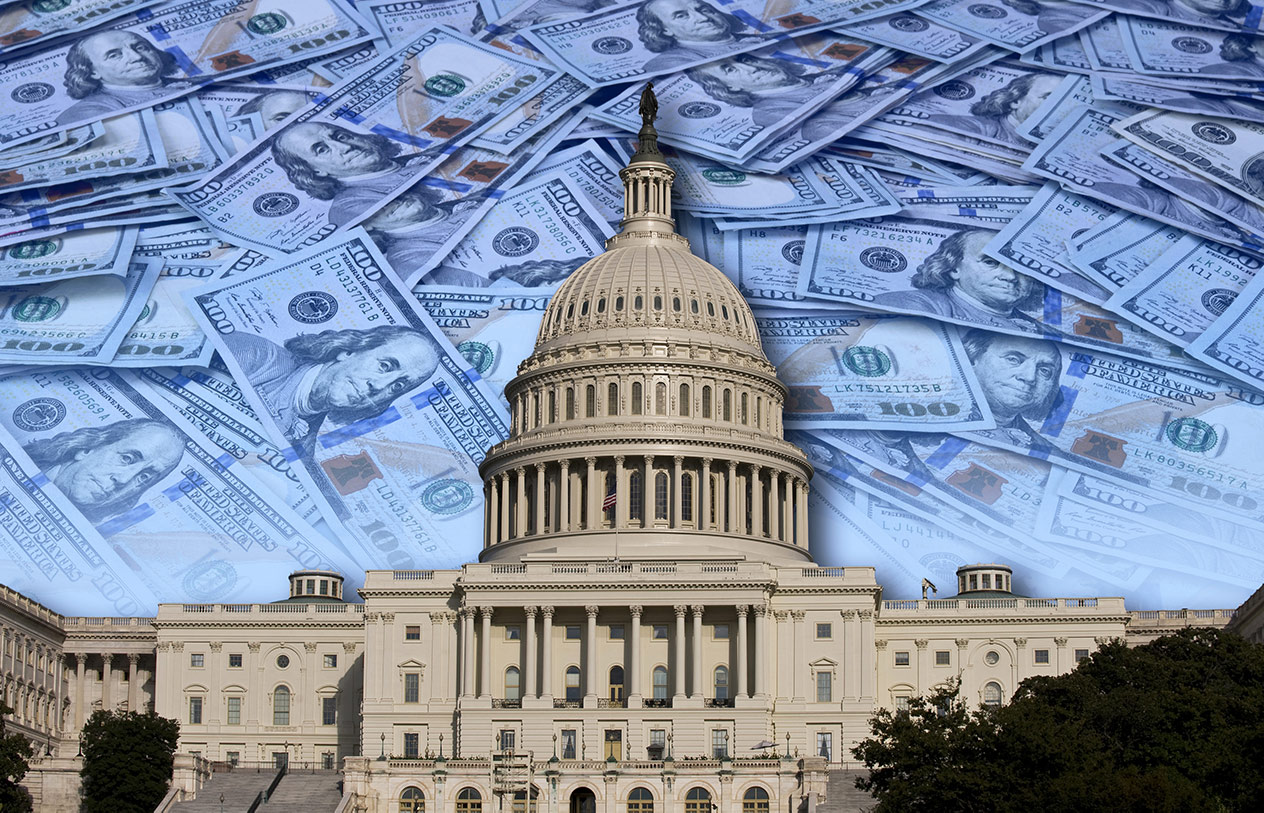On Monday, the U.S. government signed a $354 million four-year contract with a new pharmaceutical company called Phlow Corporation to increase the production of medications that could help treat COVID-19, the disease caused by the new coronavirus.
The pharma company and the government teamed up in a bid to prevent potential supply chain shortages.
This is the largest-ever grant awarded by the Biomedical Advanced Research and Development Authority (BARDA).
Phlow plans to make medications through a technique known as “continuous manufacturing,” which is widespread in other industries but still new for pharma companies.
Most drugmakers manufacture medications in batches and then pause for quality control measurements. They then transfer components of medications to other countries in order to finalize the production of medications.
Continuous manufacturing is a nonstop production of medications within the same facility, saving time and quickly responding to drug shortages.
In April, Phlow signed a $6 million contract with the U.S. Department of Health and Human Services (HHS) to secure a supply of medications that are at risk of shortage due to the ongoing coronavirus pandemic.
The FDA estimated that more than 40 percent of finished drugs in the United States and about 80 percent of active pharmaceutical ingredients are made overseas.
Eric Edwards, CEO of Phlow, said, “There are not a lot of people wanting to bring back generic medicine manufacturing to the United States that has been lost to India and China over decades.” “You need someone like the federal government saying this is too important for us not to focus on,” he added.























